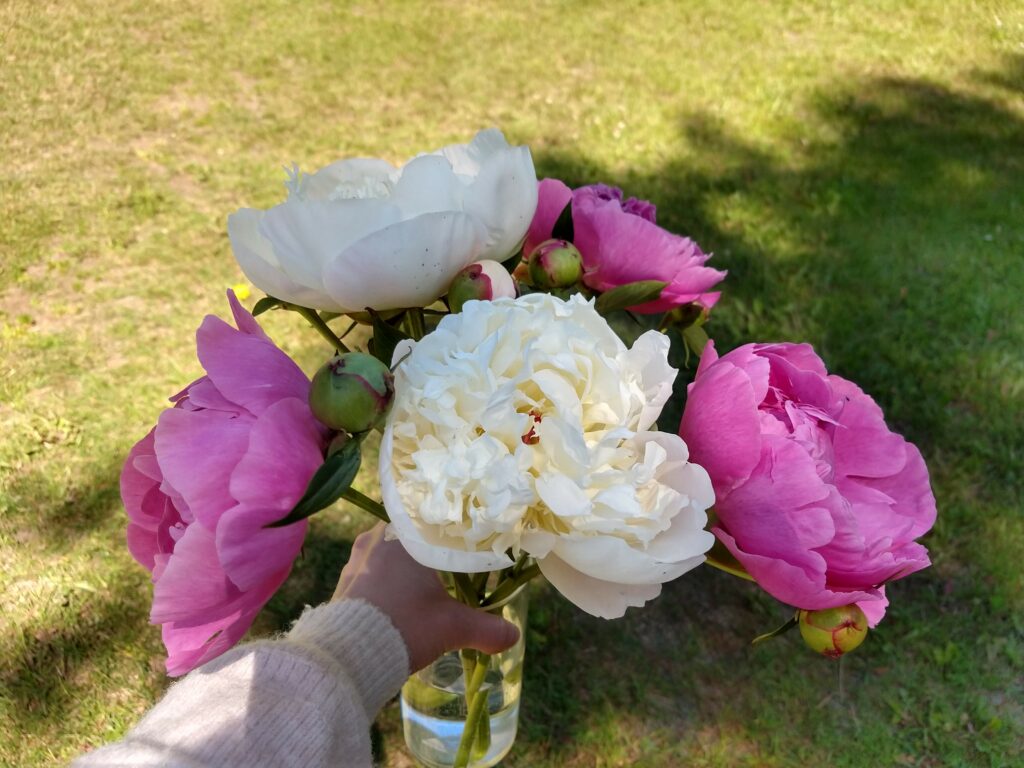Being a Teacher is Like Being a Gardener

I believe realistic optimism, determination, patience, compassion, and flexibility are integral to an effective pedagogy. I feel particularly connected to the idea that being a teacher is like being a gardener.
Friedrich Froebel, the educator behind the development of kindergarten, first conceptualized the role of a teacher as sharing parallels with the role of a gardener (Froebel, 1876). The teacher is responsible for creating a developmentally appropriate environment in which children can learn and thrive.
Just as a gardener recognizes the potential of their seeds and young plants, good teachers recognize the potential of all their students. This recognition helps to uphold Professional Standard 1 (BC Teachers’ Council, 2019). Good teachers work to nurture the potential they see within their all students even when their students may not recognize the potential within themselves. The seeds gardeners plant require a lot of care and attention before they blossom into established plants, but with patience and the proper care and nurturing, they have the potential to grow into healthy, prosperous, and productive plants.
Practicing patience is another parallel shared by teachers and gardeners. Both must invest their efforts into their craft and wait for their planted seeds to reach fruition. In this way, I also believe being a teacher is an exercise in hope. As a teacher, you must believe you and your students are capable of growing and creating a brighter future. You invest your time and energy into your students just as gardeners invest their time and attention into their seedlings early in the season, hoping they will blossom into something greater than they are today.
Both teachers and gardeners must also understand that not all plants bloom simultaneously and depending on the season, some may not perform as well as expected while others will exceed expectations. Just as plants are subject to environmental factors that can impact their growth, so are students. This understanding helps good teachers to practice Professional Standard 3 (BC Teachers’ Council, 2019).
Along the same vein, good teachers are flexible and adapt their approach to the needs of their students. Gardeners must monitor and assess the development of their young plants and determine what changes to their watering, fertilizing, and weeding practices may aid the growth of their plants. When the environment is not serving the growth of the plants, gardeners work to adapt the environment to the diverse needs of the plants in their garden just as responsive teachers work to adjust their approaches to the diverse needs of their students. This practice upholds Professional Standard 5 (BC Teachers’ Council, 2019).
In my view, the understanding that being a teacher is like being a gardener also reflects an appreciation for the First Peoples Principles of Learning. Two principles that are especially relevant to this conceptualization of teaching and learning are: learning involves patience and time and learning is holistic, reflexive, reflective, experiential, and relational (First Nations Education Steering Committee, 2006/2007). Gardeners and teachers must both be patient and allow time for their seeds or students to develop in their own time. Additionally, both gardeners and teachers must take stock of the context surrounding their seeds and learners and adapt to the experiences and needs of those within their care.
References
BC Teachers’ Council. (2019). Professional standards for BC educators. BC Teachers’ Council. https://www2.gov.bc.ca/assets/gov/education/kindergarten-to-grade-12/teach/teacher-regulation/standards-for-educators/edu_standards.pdf
First Nations Education Steering Committee. (2006/2007). First Peoples principles of learning. https://www.fnesc.ca/first-peoples-principles-of-learning/
Froebel, Karl. (1876). Friedrich Froebel’s developing system of education. New England Journal of Education, 3(18), 213–213. http://www.jstor.org/stable/44764795